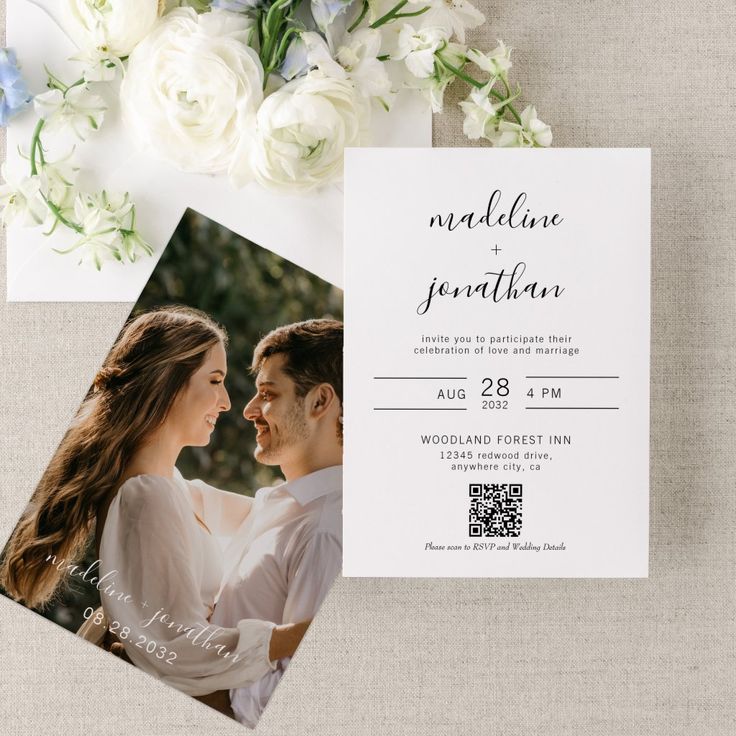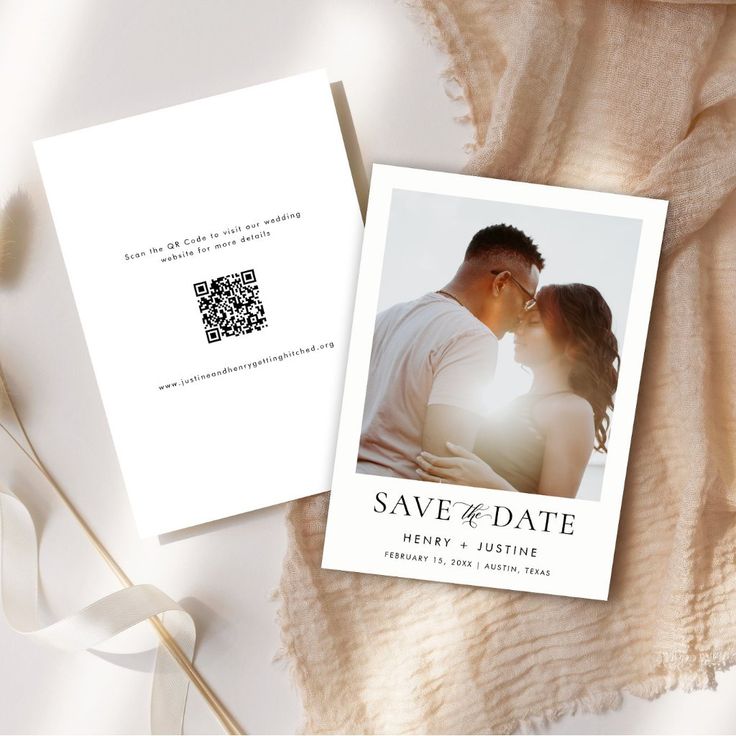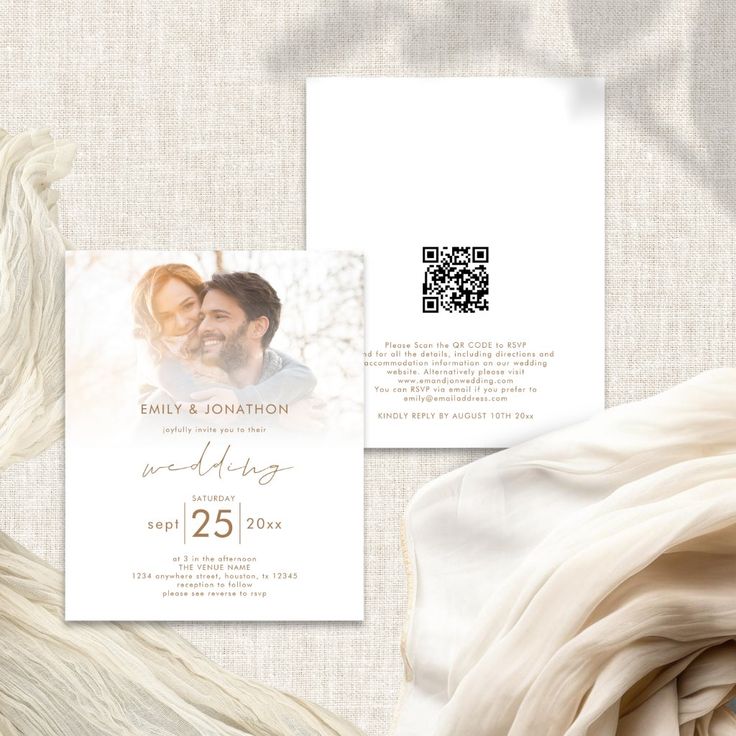The Importance of RSVPs for Wedding Planning
RSVPs, or ‘Répondez s’il vous plaît,’ are vital for wedding planning. They confirm who will attend your special day. Knowing the number attending helps plan the venue, seating, and catering. It avoids waste and ensures each guest has a memorable experience. Reliable RSVPs also help you manage your budget effectively. They signal guests’ commitment to your wedding, building anticipation. Additionally, they provide a clear guest count for any secondary vendors or activities planned. Prompt RSVP responses also help prevent last-minute emergencies in seating and meal arrangements. Remember, accurate RSVPs are the cornerstone of a well-organized wedding. Ensure the process is easy for your guests, and you’ll set the stage for a celebration that runs smoothly.

Establishing Your Timeline: When to Send out Wedding Invitations
When planning your wedding, timing is key. Your invitations set the tone and timeframe for your guests. With this in mind, let’s discuss when the best time is to send out your wedding invitations with RSVP.
Ideally, you should send your wedding invitations about two to three months ahead of your big day. This gives guests ample time to clear their schedules and make arrangements to attend. According to feedback from various wedding planners and recent couples, sending them out any later may come off as insincere or imply that they were an afterthought. It might also make guests feel rushed.
On the other hand, save the date cards can go out even earlier, typically four to six months in advance. This allows guests who may need to travel or plan for vacation time to do so without stress.
Some couples now opt for digital save the dates or Facebook event reminders as a prelude to the official invitation. These can be sent out via email or social media about one to two weeks before the official invite, serving as a soft reminder of the upcoming formal invitation.
In summary, send save-the-dates four to six months before your wedding, and follow up with the official invitation two to three months prior. This considered approach signals to your guests that they are a priority and allows you to manage your wedding planning effectively.
Remember, the key is to give enough notice so that your guests can prepare, and you can get accurate headcounts for planning a seamless event.
Save the Date: The Role of Advance Notices
Advance notices, or ‘Save the Date’ notifications, play a crucial role in wedding planning. These serve as a prelude to the formal invitation and are essential for several reasons:
- Early Planning: They allow guests to mark their calendars well in advance, ensuring they keep that date free from other commitments.
- Travel Arrangements: Particularly important for out-of-town guests, advance notices give enough lead time to book travel and accommodation without stress.
- Vacation Planning: Save the dates are beneficial for guests who may need to request time off work or make other arrangements to attend your wedding.
Typically, it’s best to send out ‘Save the Date’ notices four to six months before the wedding. For destination weddings or during busy holiday seasons, consider extending that to even earlier to avoid any scheduling conflicts for your guests.
In today’s digital age, you can opt for creative digital save the dates. These can be sent through email, social media platforms, or wedding websites. If you prefer traditional methods, sending physical ‘Save the Date’ cards can add a personal touch and act as a keepsake.
Whichever method you choose, ensure the ‘Save the Date’ includes the essential details: your names, the date of the wedding, and the location (at least the city, if not the specific venue). Also, indicate that a formal invitation will follow. This clarity helps manage expectations and builds anticipation for your special day.
Remember, the ‘Save the Date’ is not just a notification; it’s the first glimpse of your wedding for your guests. Make it memorable and reflective of the style and tone of your upcoming nuptials.

Invitations vs. Reminders: Strategies for Ensuring Guest Responses
Sending out wedding invitations is just the first step in securing guest attendance. To ensure responses, consider pairing invitations with reminders. Here’s how:
- Early Invitations: Send your main invitations two to three months before the wedding. This formal notice provides ample time for guests to plan.
- Digital Save the Dates: Use digital notices as an early heads-up. You can send these out four to six months prior. They help guests to start planning early.
- Reminder Strategies: Follow up with reminders closer to the RSVP deadline. Options include email, social media messages or personalized calls.
- Personal Touch: A phone call can make guests feel more connected and valued.
- Social Media Events: Create a Facebook event to remind friends. This gives them a platform to confirm attendance and interact.
- Double Check: Send a final reminder a week before the RSVP deadline. It nudges those who might have forgotten to respond.
With these strategies, most guests will respond in time. This will help you finalize guest counts and proceed with your wedding plans confidently.
Digital RSVPs: Leveraging Social Media and Emails
In the realm of wedding planning, digital RSVPs are a game changer. Utilizing social media and emails for your RSVPs offers a range of benefits:
- Easy Access for Guests: Most people are online daily. Digital RSVPs make it easy for them to respond quickly.
- Cost-Effective: Sending invitations through social media or email reduces printing and postage costs.
- Environmental Friendly: Digital invites are better for the environment as they avoid paper waste.
- Real-Time Tracking: You can monitor RSVPs in real-time, which aids in swift planning adjustments.
- Convenience: Guests can respond at their leisure, which may increase the likelihood of a prompt reply.
Facebook Events are particularly useful for reminding your guests about your wedding. Create an event, invite your guests, and they can RSVP with a click. This platform also allows for easy updates and interactions among attendees.
Email Invitations can be exceptionally personalized. Tools such as RSVP management software allow instant tracking and organization of responses. Include a clickable link that directs to an RSVP form to make the process even simpler.
Remember to send digital RSVPs during the optimal window—two to three months before the wedding. Pair them with a physical invitation if desired, for a traditional touch. But ensure that digital options are clear, accessible, and reflect the tone of your event.
In summary, leveraging digital platforms for your RSVPs can streamline your wedding planning process. It embraces modern communication methods, ensuring more efficient and effective event management.

Handling RSVP Emergencies: Tips for Last-Minute Changes
Despite careful planning, you may face RSVP emergencies as your wedding day approaches. Last-minute changes can be stressful, but with the right strategies, you can handle them gracefully and keep your wedding on track. Here are some tips to manage these situations:
- Start with a Buffer: When finalizing your guest list, include a buffer for unexpected plus-ones or dropouts. This helps accommodate last-minute additions or reductions without panic.
- Clear Communication: If guests inform you late that they can’t attend, respond with understanding. Then update your venue and caterer as soon as possible.
- Use Your Network: Reach out to friends or family who may have been on a B-list. They might be thrilled for the opportunity to attend, even on short notice.
- Leverage Technology: Utilize digital platforms like email or social media for quick communication about changes. It’s fast and can reach many people at once.
- Stay Organized: Keep a digital spreadsheet of RSVPs. Update it in real-time to maintain a clear view of who’s coming.
- Don’t Overbook: Avoid the temptation to overcompensate for potential no-shows by overbooking. This could lead to its own set of problems.
- Stay Calm and Positive: Amidst changes, maintain a positive attitude. Your mood will set the tone for your wedding day.
Remember, some degree of fluctuation in your guest list is normal. With these tips, when you send out wedding invitations with RSVP, you’re not just asking for a response. You’re also preparing for any last-minute switch-ups that come your way.